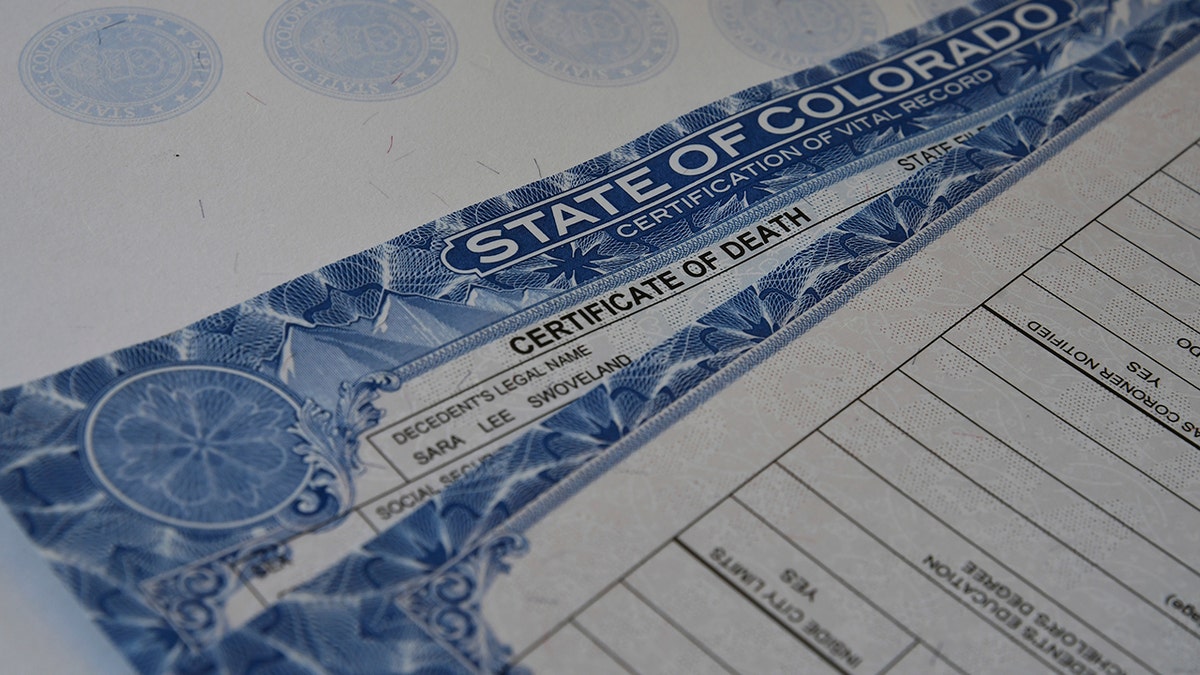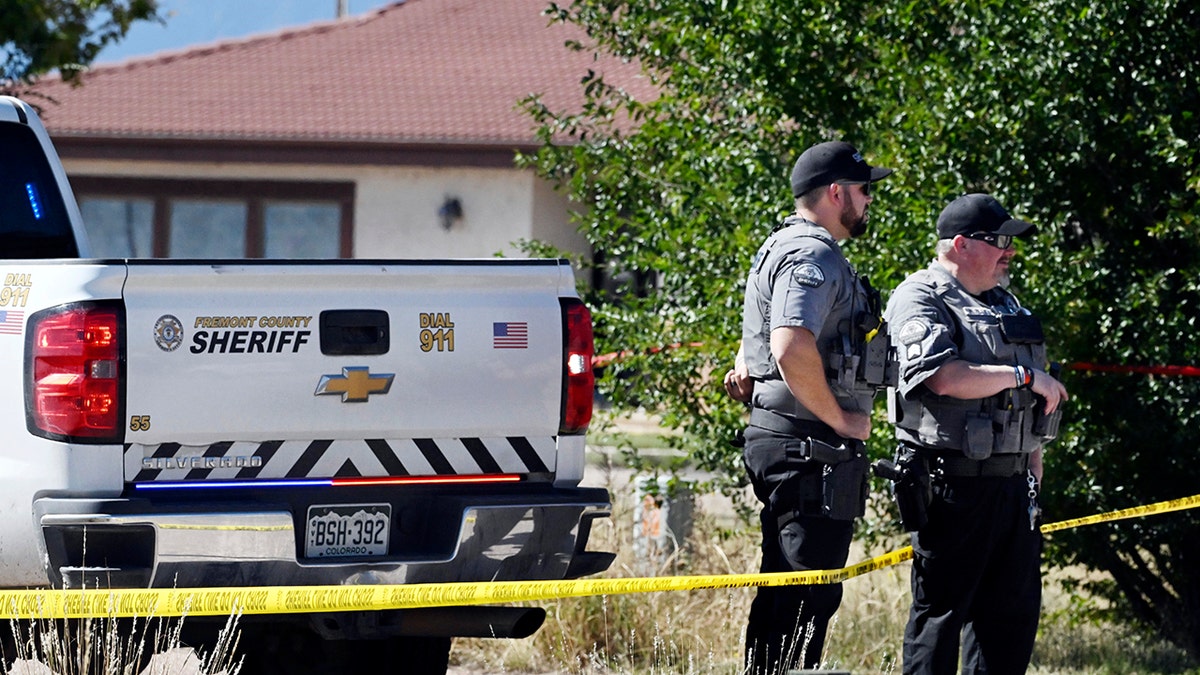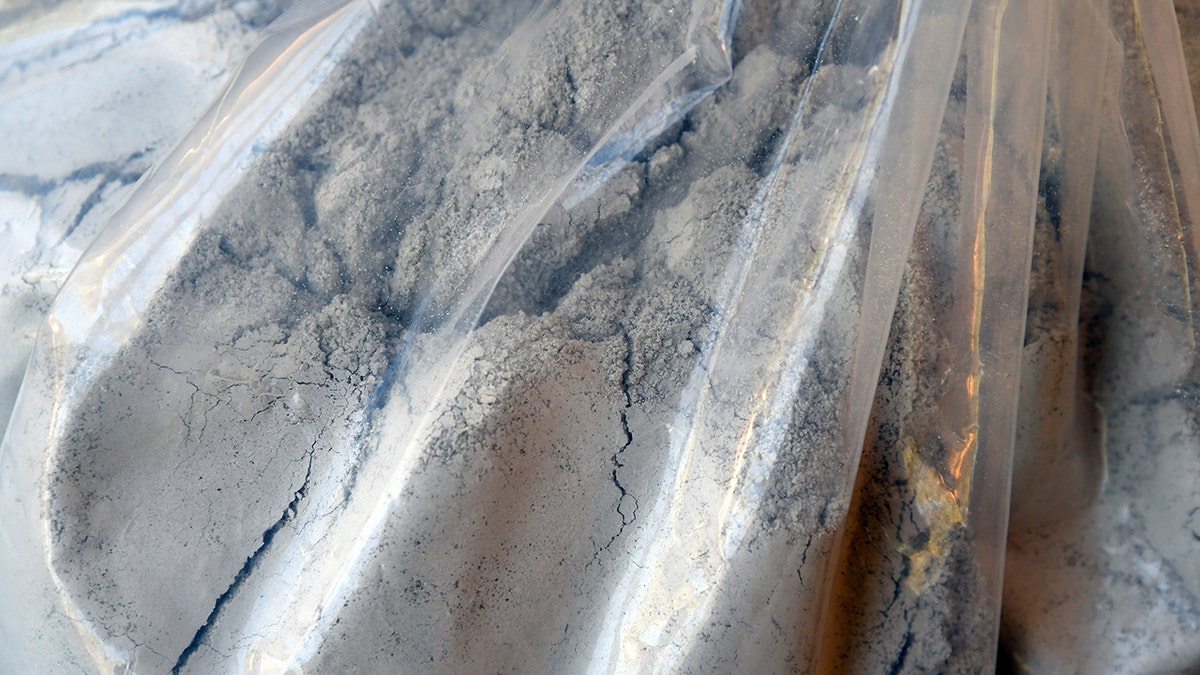Families in Colorado may have received fake ashes from a funeral home where nearly 200 decaying bodies were discovered this month, according to information gathered by The Associated Press from customers and crematories. The facility may have also fabricated cremation records, evidence suggests.
Families who took the remains of their loved ones to Return to Nature Funeral Home, located on Werner Road in Penrose, fear their relatives weren’t actually cremated and could still be among the unidentified corpses. Authorities found the bodies and began an investigation on October 3, after receiving a report of an “abhorrent smell” emanating from the facility.
“My mom’s last wish was for her remains to be scattered in a place she loved, not rotting away in a building,” Tanya Wilson, who believes the ashes she spread in Hawaii in August were fake, told the Associated Press. “Any peace that we had, thinking that we honored her wishes, you know, was just completely ripped away from us.”
Death certificates provided to Wilson’s family by Return to Nature reportedly stated that their loved ones’ remains had been handled by one of two crematories, but those businesses told the AP that they had not performed cremations for Return to Nature on the dates indicated.
INVESTIGATION OF COLORADO ‘GREEN’ FUNERAL HOME UNCOVERS MORE DECAYING BODIES: OFFICIALS
A sign covers the broken back window of the Return to Nature Funeral Home in Penrose, Colorado, Monday, October 16, 2023. The remains of at least 189 decaying bodies were found and removed from the Colorado funeral home, up from about 115 reported when the bodies were discovered two weeks ago, officials said Tuesday, October 17. (AP Photo/David Zalubowski)
According to four death certificates viewed by the AP, a crematory owned by Wilbert Funeral Services was listed as having done the cremations of the bodies. However, the deaths came at least five months after the company stopped doing cremations for Return to Nature Funeral Home last November.
Lisa Epps, attorney for Wilbert, said that members of at least 10 families told the company that they had death certificates from after November.
Roselawn Funeral Home in Pueblo, Colorado, was a second crematory listed on a 2021 death certificate from Return to Nature. A family with the death certificate contacted the company last week, and its manager, Rudy Krasovec, said that Roselawn had not done the cremation.

Sara Lee Swoveland’s death certificate is seen in Colorado Springs, Colorado, on Thursday, October 19, 2023. Abby Hoveland says she believes that the Return to Nature Funeral Home gave her cement dust instead of her mother’s ashes. (AP Photo/Thomas Peipert)
None of the families the AP interviewed received an identification tag or certificate that experts say are usually given to ensure that cremations are authentic.
The families also cast some doubt on the consistency of the ashes that they were provided.
Members of all four families described a similar consistency of the ashes that could be dry concrete. Two mixed some ashes with water and said they solidified. Dry concrete has been used before by funeral homes to mimic human ashes.
Stephanie Ford, whose husband, Wesley Ford, died in April, told the outlet that her daughter, who is a physician, took a closer look at the ashes that Return to Nature had provided them and determined that they were not his.
“Mom, that’s not dad,” she told her mother.

Fremont County deputies guard the road leading to the Return to Nature Funeral Home in Penrose, Colorado, Thursday, October 5, 2023. Authorities said Thursday they were investigating the improper storage of human remains at a southern Colorado funeral home that performs “green” burials without embalming chemicals or metal caskets. (Jerilee Bennett/The Gazette via AP) /The Gazette via AP)
No arrests have been made, and law enforcement officials have said that Return to Nature’s owners Jon and Carie Hallford are cooperating with investigators to determine whether any crime was committed.
Public records show that the Hallfords and their company, which opened in 2017 and offered cremations and “green” burials without embalming fluids, were beset by recent financial and legal troubles.
Among the problems were a forced eviction, unpaid taxes and a lawsuit for a failure to pay for “a couple hundred” cremations, Wilbert Funeral Services attorney Lisa Epps said.
Fox News Digital’s phone calls to Return to Nature Funeral Home went unanswered. The company’s website no longer has a public domain, and its Facebook has been disabled.
Determining whether the remains are human would be fairly straightforward, according to an expert, but determining whether they are those of who the funeral home says they are could be more difficult.

A bag of Sara Lee Swoveland’s ashes, according to Return to Nature Funeral Home, in Colorado Springs, Colorado, on Thursday, October 19, 2023. (AP Photo/Thomas Peipert)
CLICK HERE TO GET THE FOX NEWS APP
Barbara Kemmis, director of the Cremation Association of North America, said that someone can test whether the ashes are human remains or concrete by wetting the material and seeing whether it hardens when it dries.
She clarified, however, that properly cremated remains include bone fragments that do not have any organic material left. That means they lack DNA that could be used to identify individuals. Sometimes RNA is preserved in the bone fragments, however, so results can determine whether the ashes are from a male or female and whether they are from a human or another animal, she said.
Fox News’ Sarah Rumpf-Whitten and The Associated Press contributed to this report.